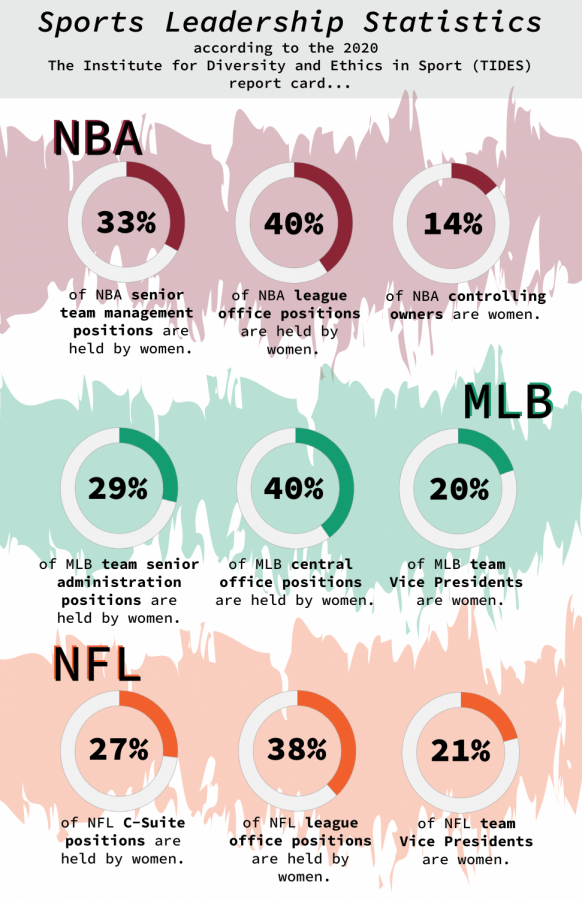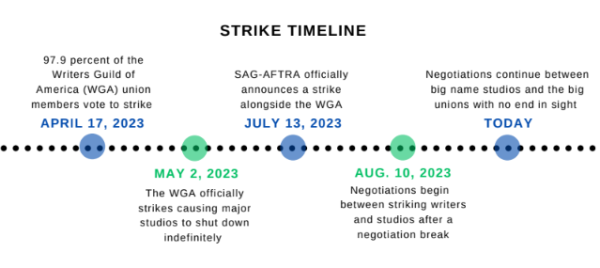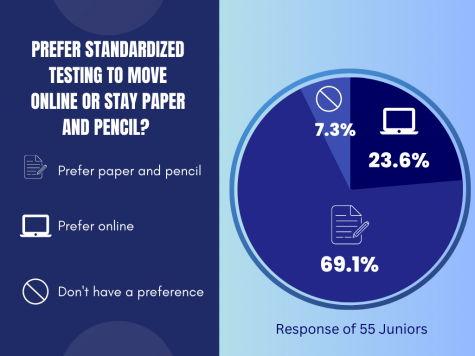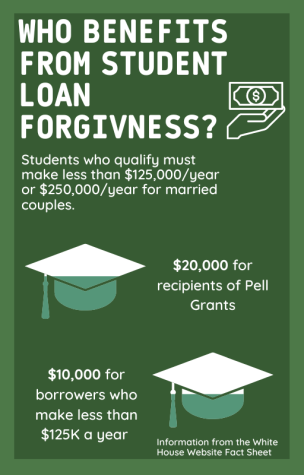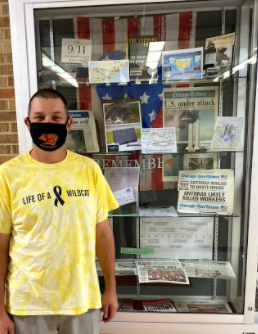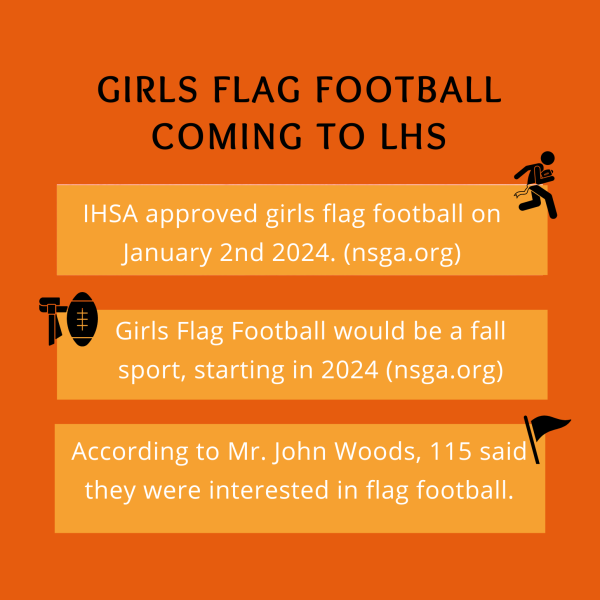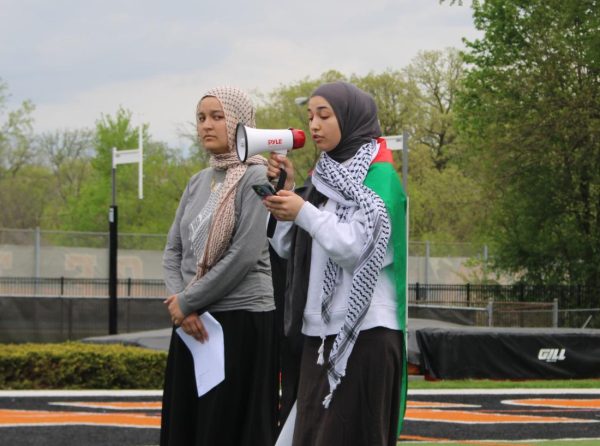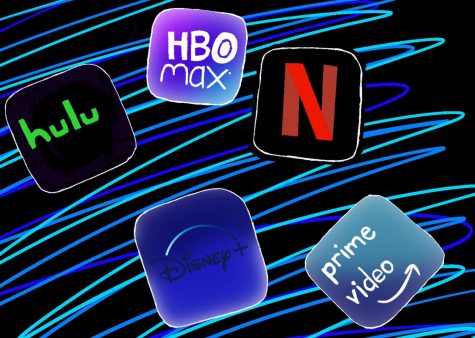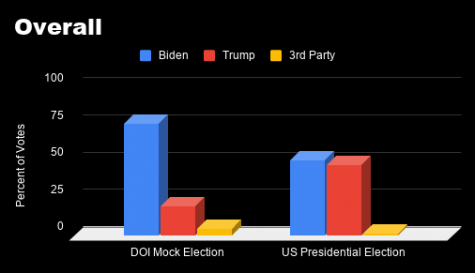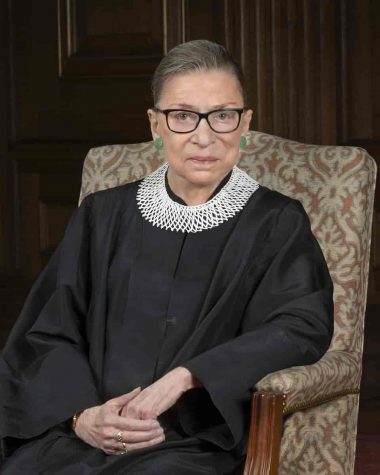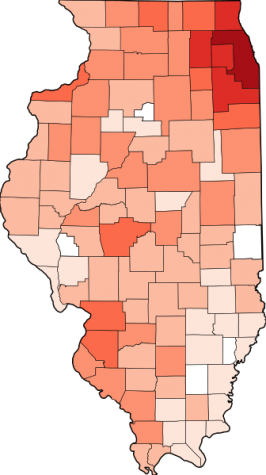Breaking The Barrier
The Growth of Female Coaches in Professional Sports
On Nov. 13, the Miami Marlins made history. This Major League Baseball (MLB) team hired Kim Ng to be their general manager. She will be the first woman to hold the GM position of any professional male sports team in North America. She also becomes the second Asian American of any gender to hold such a position.
Ng has been around baseball her entire life. She grew up in New York City with a father who raised her to love the game of baseball, she explained in an interview with the University of Chicago, where she attended college and played softball. After college, Ng worked as an intern for the Chicago White Sox. For 30 years, she worked all across the MLB as an intern and assistant. Gathering years upon years of experience, Ng began interviewing for MLB general manager positions in 2005. After 15 years, she finally broke the barrier when the Marlins hired her.
“I have spent countless hours advocating for young women and really trying to help them advance their careers,” Ng said during her introductory press conference last month. “Now having this high-profile position, where you’re out in public more, there is an [advantage].”
Ng is the most prominent example of women working their way into the front offices and coaching staffs of the four major male professional sports leagues in North America: the National Football League (NFL), the National Basketball Association (NBA), the National Hockey League (NHL), as well as baseball.
For years, women have been working in administrative positions for these professional male teams. They have also been assistant general managers, directors of waivers, trainers and have held many other front-office jobs. A leading example is seen with the NFL’s Philadelphia Eagles, as over half of their executive advisers are female. Overall though, there are still far fewer women than men holding these positions, and none have been as high-ranking as Ng, but the presence of women in front offices has not been rare in the 21st century.
Where progress has been seriously lacking for the involvement of women in professional male sports is in the coaching ranks. However, this trend has seen a dramatic shift recently, beginning just six years ago with Becky Hammon.
Hammon was a superstar in the Women’s National Basketball Association (WNBA). She played 16 years at an elite level for the New York Liberty and the San Antonio Stars. When Hammon’s playing career was winding down, she was noticed by Gregg Popovich, the head coach of the NBA’s San Antonio Spurs. Popovich believed that with her experience and knowledge of the game, she would make a great coach. Thus, in 2014, he hired her onto the Spurs staff to become the first full-time female assistant coach in the NBA, a position she still holds today
One year later, the path paved by Hammon was taken by Nancy Lieberman. Lieberman was also a former WNBA player, and her expertise was valued by the NBA’s Sacramento Kings. The team hired her as an assistant coach in 2015. Today, one-third of the NBA’s 30 teams have a female coach on their staff, including the Chicago Bulls. Their female coach, Karen Stack Ulmauf, has been the director of team operations since Michael Jordan’s rookie season in the 1980s. After years of lobbying, she was given a shot as an assistant coach in 2017, according to CBS Chicago.
The other three most prominent leagues have not been as progressive as the NBA, but there has been progress nonetheless. The NFL’s gender coaching barrier was broken in 2016 when Kathryn Smith was hired by the Buffalo Bills as the special teams quality control coach.
“My focus really is on my job, coaching and doing the best I can at it,” Smith told Sports Illustrated in 2016. “I do recognize that my role has some significance, but that has never been in the front of my mind. I don’t think it will or can be my focus. Because my focus is doing the best job I can, coaching the team [and] winning some games.”
The 2016 Bills didn’t win enough games to please the front office and the entire coaching staff, including Smith, was let go at the end of the season. But the NFL’s female coach count has steadily risen since 2016. This September, a game between the Washington Football Team and the Cleveland Browns featured female coaches on each sideline and a female referee, marking the first time in history that this had occurred.
The NHL’s Arizona Coyotes broke the barrier for professional hockey by hiring Dawn Braid to be their first female coach in 2016. Braid was named the Coyotes’ skating coach and became the fourth female coach in the history of the big four North American sports.
“The fact that they respect what I do enough to name me as a full-time coach, or to name me as the first female coach in the NHL, I take a ton of pride in that.” Braid said in a statement released at the time of her hiring. “I’ve worked very hard for this opportunity. I just look forward to going even further with it.”
Like the NFL, the NHL has seen steady growth in women coaching numbers in the last four years. The most recent example was Kendall Coyne Schofield, a six-time world champion from the U.S. Women’s National Hockey team. She was hired by the Chicago Blackhawks as their player development coach during the 2020 offseason.
In January, the MLB’s San Francisco Giants hired Alyssa Nakken, a former softball standout at Sacramento State. With Nakken’s hire, each of the big four sports officially has at least one team with a woman employed on their coaching staff.
Female coaches reached another monumental achievement in 2019 when the Toronto Raptors won the NBA Finals. Brittni Donaldson was part of the Raptors front office as the data analyst, and the coaching staff promoted her to the role of assistant coach. The Raptors’ NBA Finals win marked the first time a female coach had been part of a championship team.
Donaldson, however, isn’t the only woman to coach in a championship game. Shortly thereafter, the NFL’s San Francisco 49ers made a trip to the Super Bowl and their offensive assistant coach, Katie Sowers, became the second female coach to coach under the brightest lights. San Francisco came up short in the Super Bowl but Sowers reached another significant achievement with the sponsorship she received: Microsoft made Sowers the focus of their Super Bowl commercial.
The ad featured Sowers reading a letter she wrote as a child: “I hope someday I will be on a real football team.” The ad, played during the most-watched television event of the year, was intended to serve as inspiration for all women, potentially paving the way for more female professional sports coaches in the future.



